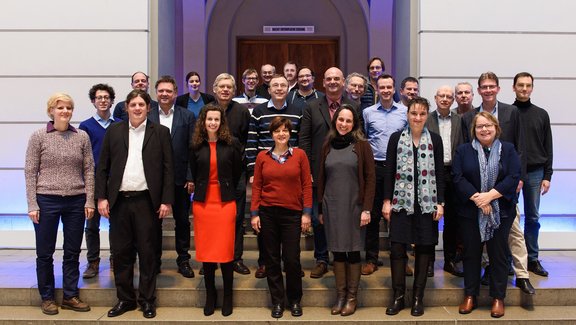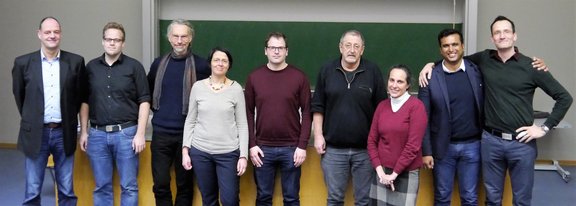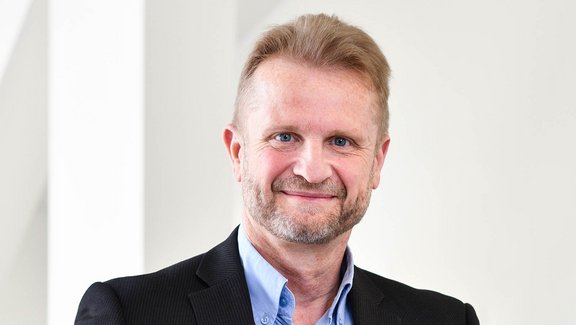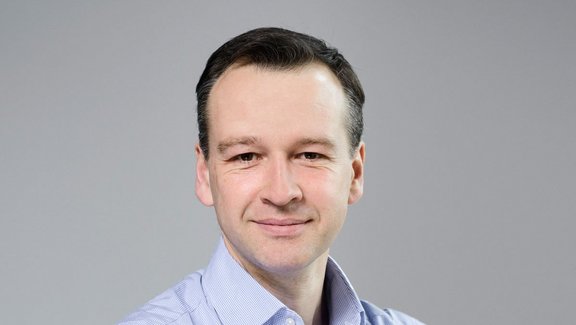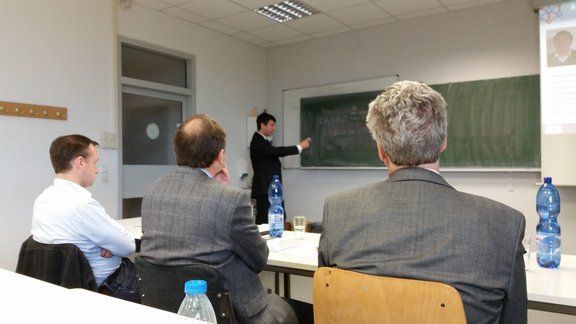Berlin networks associated with UniSysCat, to which further supervisors might belong (The inclusion of further networks and initiatives not yet listed in the table requires the approval of the Executive Board of EC2):
| Consortium/Graduate School | Host institution | Discipline |
|---|---|---|
| CoE Math+ / Berlin Mathematical School (BMS) | TU, FU, and HU Berlin | Mathematics |
| CoE Neurocure/ Einstein Center for Neurosciences (ECN) | Charité Berlin | Medicine |
| CRC1078 “Protonation dynamics in protein function” and its IRTG | FU Berlin | Biophysics |
| Berlin International Graduate School in Model and Simulation based Research (BiMoS) | TU Berlin | Data science, simulation and modeling |
| IMPRS "Functional Interfaces in Physics and Chemistry" | Fritz-Haber-Institut der Max-Planck-Gesellschaft | Physical chemistry |
| RTG2473 SynPepBio “Bioactive Peptides – Innovative Aspects of Synthesis and Biosynthesis” | TU Berlin | Chemistry/Biology |
| School of Analytical Sciences Adlershof (SALSA) | TU Berlin | Chemistry/Biology |
Abbreviations: CoE, Cluster of Excellence; CRC, Collaborative Research Center; IMPRS, International Max Planck Research School; IRTG, Integrated Research Training Group; RTG, Research Training Group | ||
